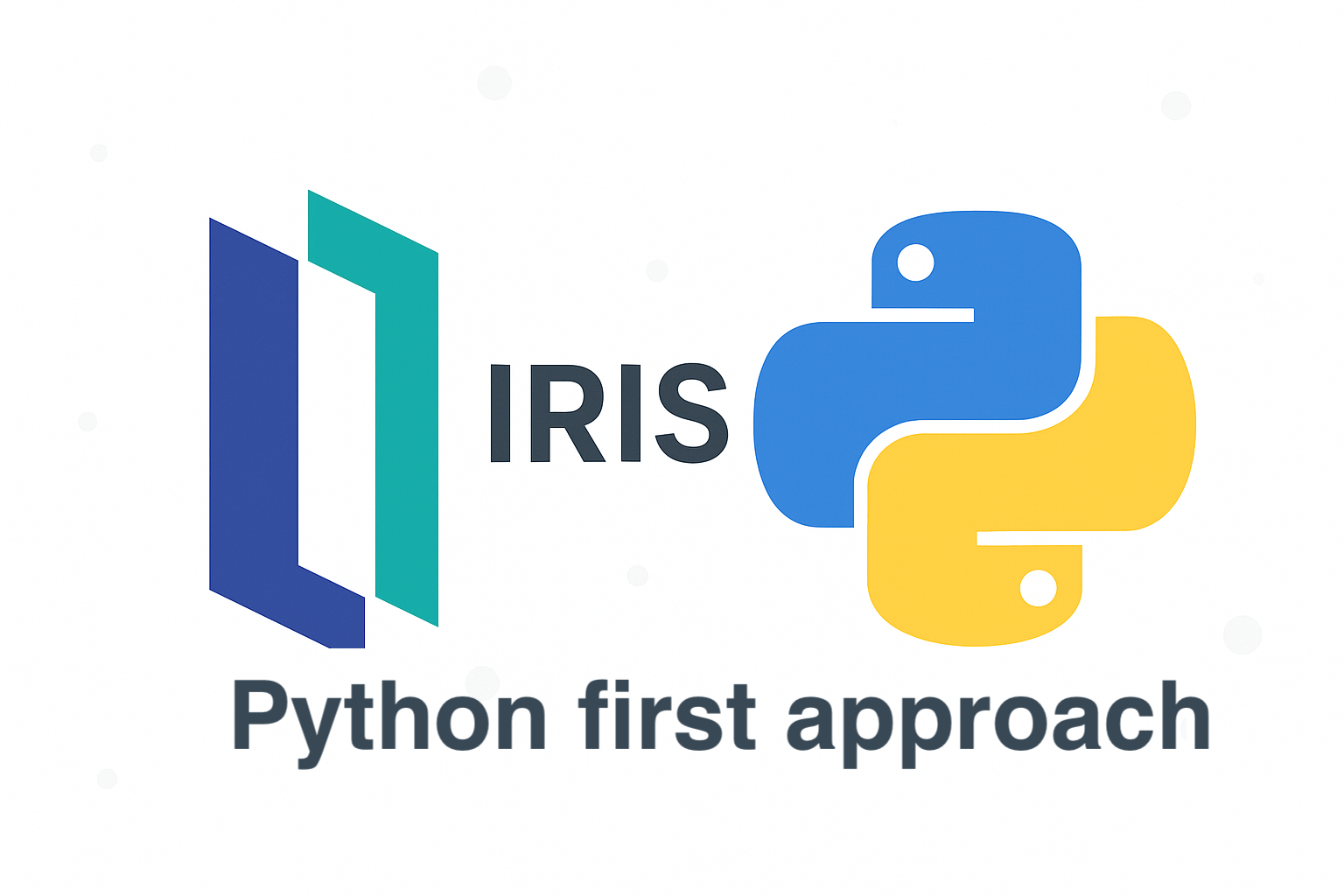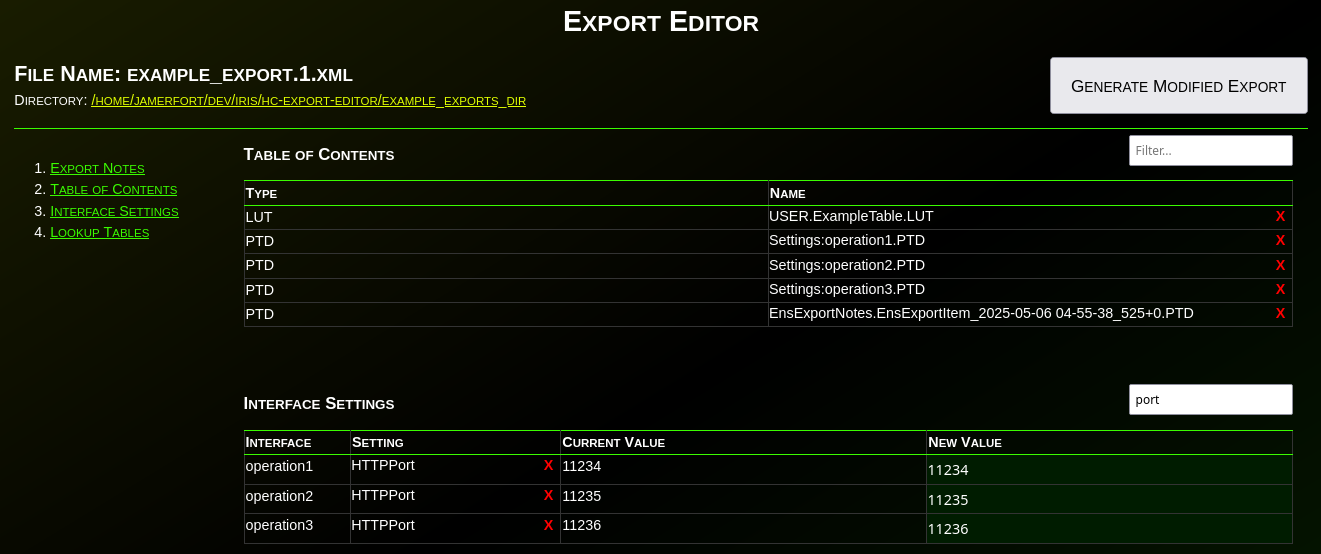#InterSystems Demo Games entry
⏯️ Being READY to Tackle Healthcare Enterprise Challenges in a Few Clicks
Managed Cloud Solutions to Help Streamline Your Health Services.
This demo showcases composing several InterSystems Managed Cloud Services to solve various use-cases.
The video is actually built of 6 short chapters (each ~2.5 minutes long) showing each part of the story, demoing a different service.
You can watch each "chapter" individually if you're interested in a specific service, but there is value in viewing the whole composition and observing the full flow.
- 0:00 Health Connect Cloud - Medical Device MQTT - HL7v2 for Hospital Operation Systems
- 2:29 FHIR Server & FHIR Transformation Service - HL7v2 to FHIR & Repository for Regulation & Exchange
- 5:21 FHIR SQL Builder - Providing standard relational access to FHIR data
- 7:22 "FHIR IntelliChat" (see note below) - Natural human language chat with FHIR Server
- 9:37 OMOP Solution - FHIR to OMOP transformation & OMOP database with OHDSI tools compliance
- 12:54 InterSystems Data Studio for Health - Creating a multi data/app sources fabric
[Note the "FHIR IntelliChat" part is not an actual formal InterSystems service, it is just a demonstration of a possibility (based on this solution by @José Pereira) ]
Presenters:
🗣 @Tani Frankel, Sales Engineer Manager, InterSystems
🗣 @Keren Skubach, Senior Sales Engineer, InterSystems
🗣 @Ariel Glikman, Sales Engineer, InterSystems
https://www.youtube.com/embed/MM7GS4z3W5Y
[This is an embedded link, but you cannot view embedded content directly on the site because you have declined the cookies necessary to access it. To view embedded content, you would need to accept all cookies in your Cookies Settings]





.png)
